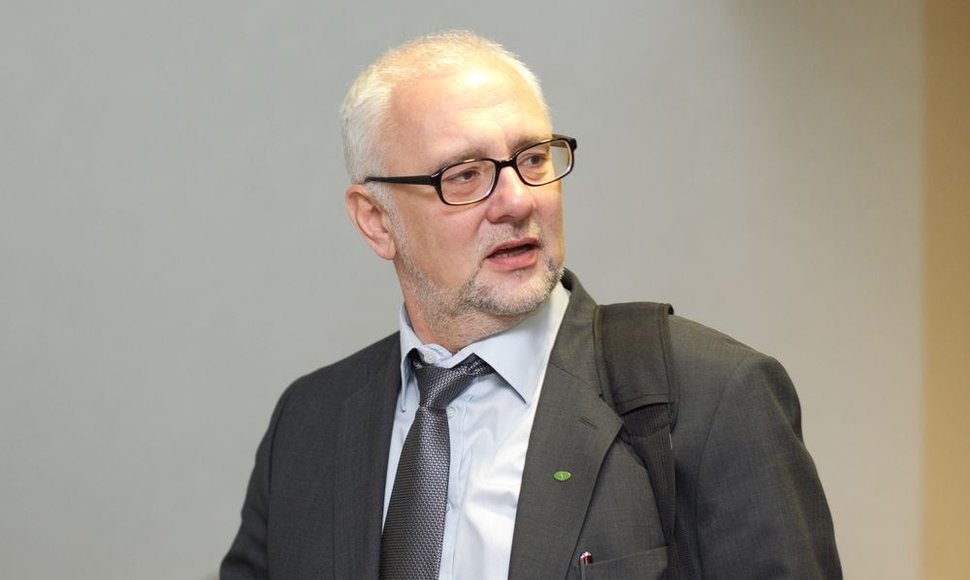The minister visited Žiburio school in Sejny as well as Lithuanian schools in Punsk, met with the communities of Vidugiriai, Pristavonys and Navinykai schools, which are under threat of closure, and attended a commemoration of the Day of Restoration of Lithuania's Independence. Pavalkis and Polish Lithuanians discussed the issue of closure of the three schools in Punsk. In his words, the fact that the three schools could be closed is a real but solvable problem.
"The real problem is that they could be closed as the number of schoolchildren is decreasing. The other reason is Poland's lack of attention to problems of ethnic minorities. The problem is there but it's solvable. If the Polish side shows goodwill, we will solve it," Pavalkis told BNS by phone from Poland after the meetings.
The minister plans to discuss the issue with Prime Minister Algirdas Butkevičius on Tuesday or Wednesday and decide on what next steps in solving this problem will be.
"Perhaps, the most realistic way would be to directly contact the Polish education minister," Pavalkis said.
The Lithuanian education minister also confirmed he would recommend to the prime minister to allocate funds to Lithuanian schools in Poland. But, he added, education funding in Poland is Poland's internal matter. "Perhaps fund allocation will slow the closure of those schools but Lithuania cannot fund those things which Polish authorities have to do. It's Poland internal matter," he said.
Polish Lithuanians have recently publicly asked the Government of Lithuania's mediation in the dialogue with Polish authorities for Lithuanian schools in Vidugiriai, Pristavonys and Navinykai in Poland's Punsk Gmina not to be closed. All in all, 38 children currently attend the three schools.
Classes in the Lithuanian language are still held in Punsk's Darius and Girenas school and the March 11 lyceum. Ziburio school and Sejny survives only on financial support from Lithuania.
A half of Lithuanian schools have been closed in Poland over the last decade.
Figures from the Lithuanian Embassy in Poland show that around 15,000 of people of Lithuanian origin currently reside in Poland, mainly Sejny and Punsk near the Lithuanian border.
In late 2011, the Government of Lithuania allocated LTL 350,000 from the Privatization Fund to Lithuanian schools in Punsk. It was the first time Lithuanian authorities provided direct financial support to Lithuanian schools in Poland. Lithuanian President Dalia Grybauskaite said then that "Poland's education policy is not favorable to Lithuanian schools."












